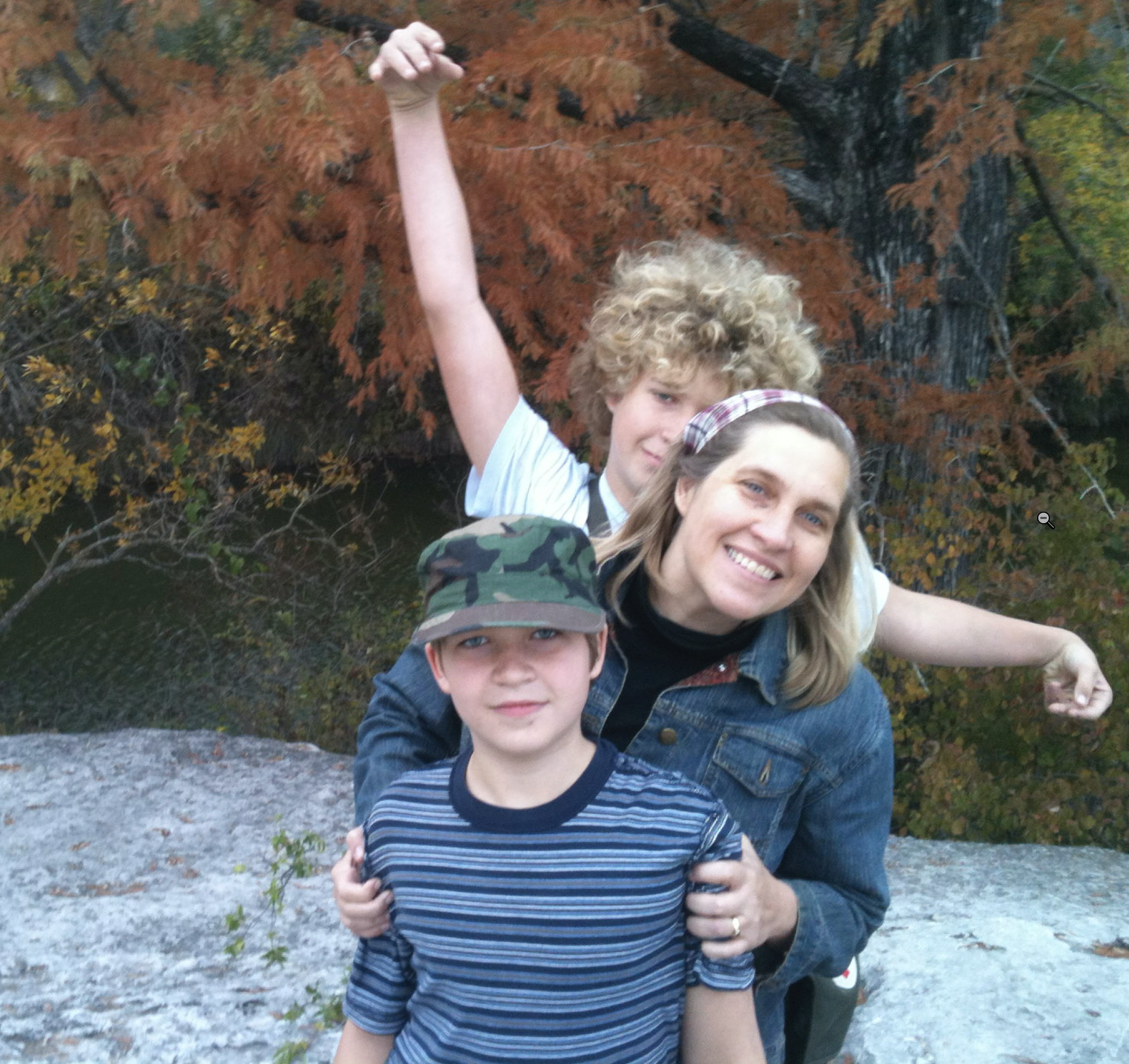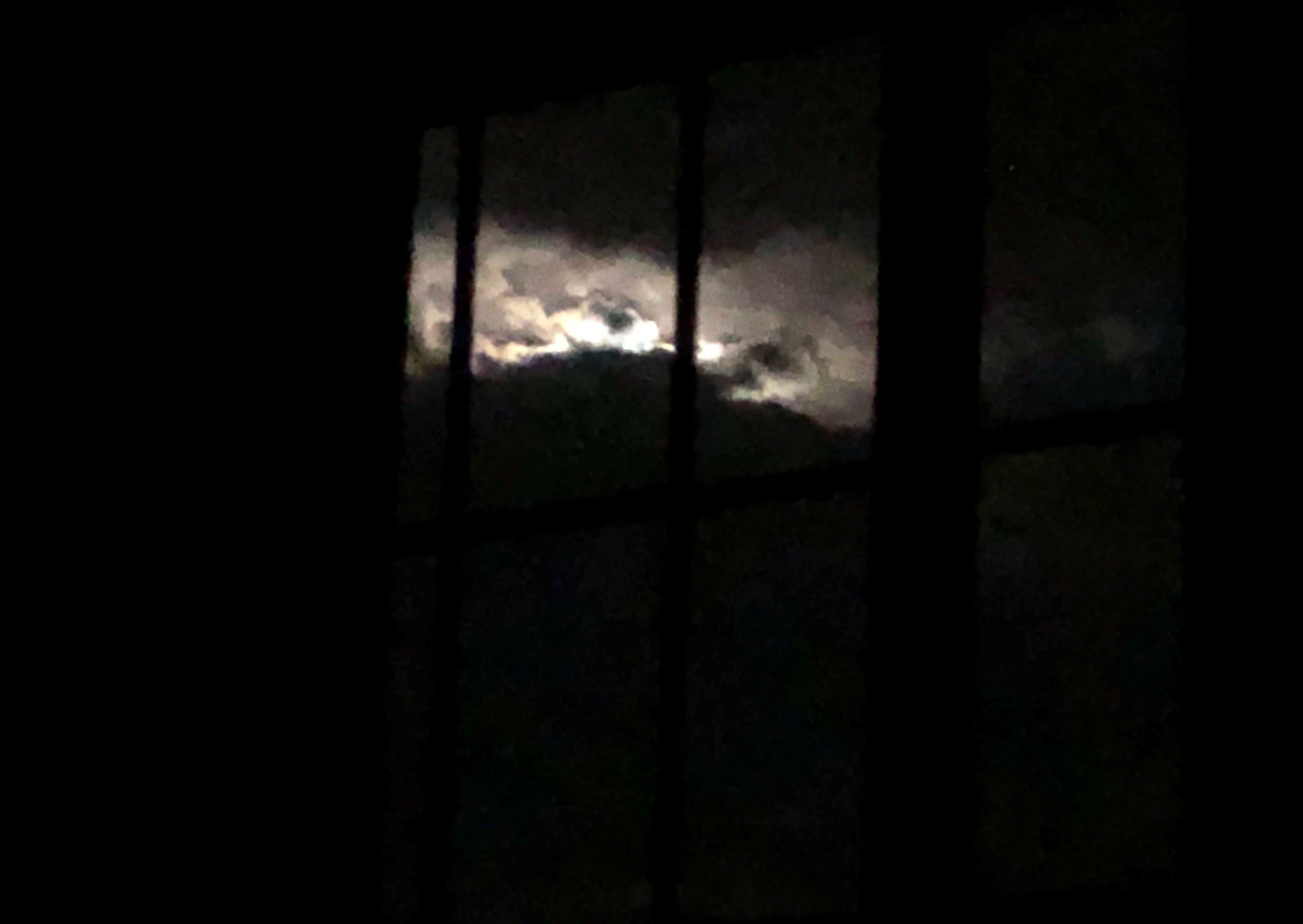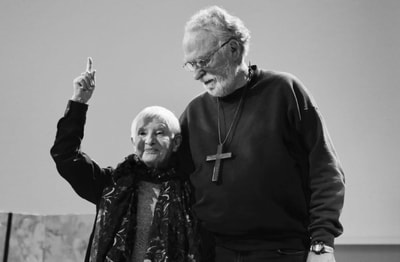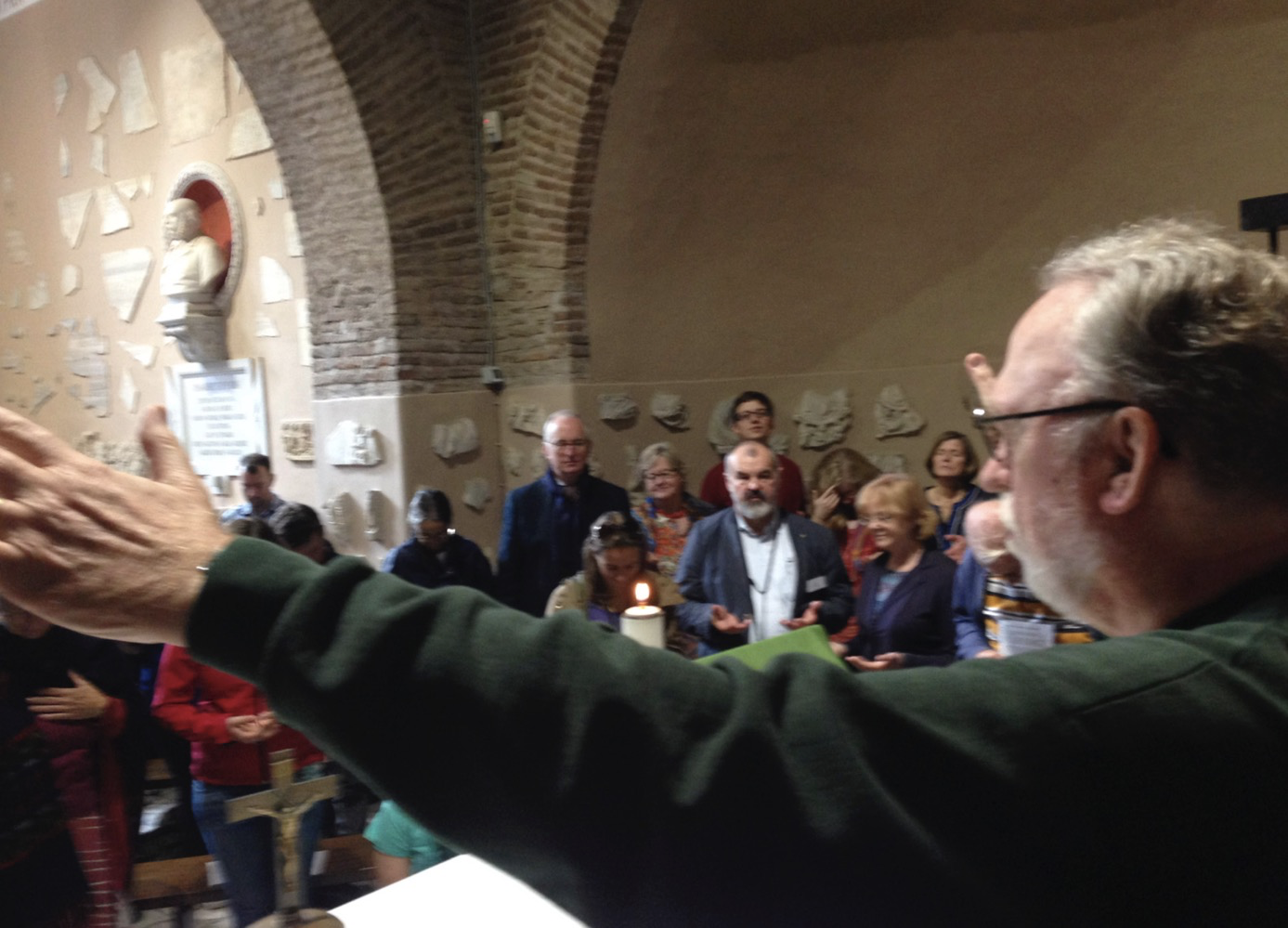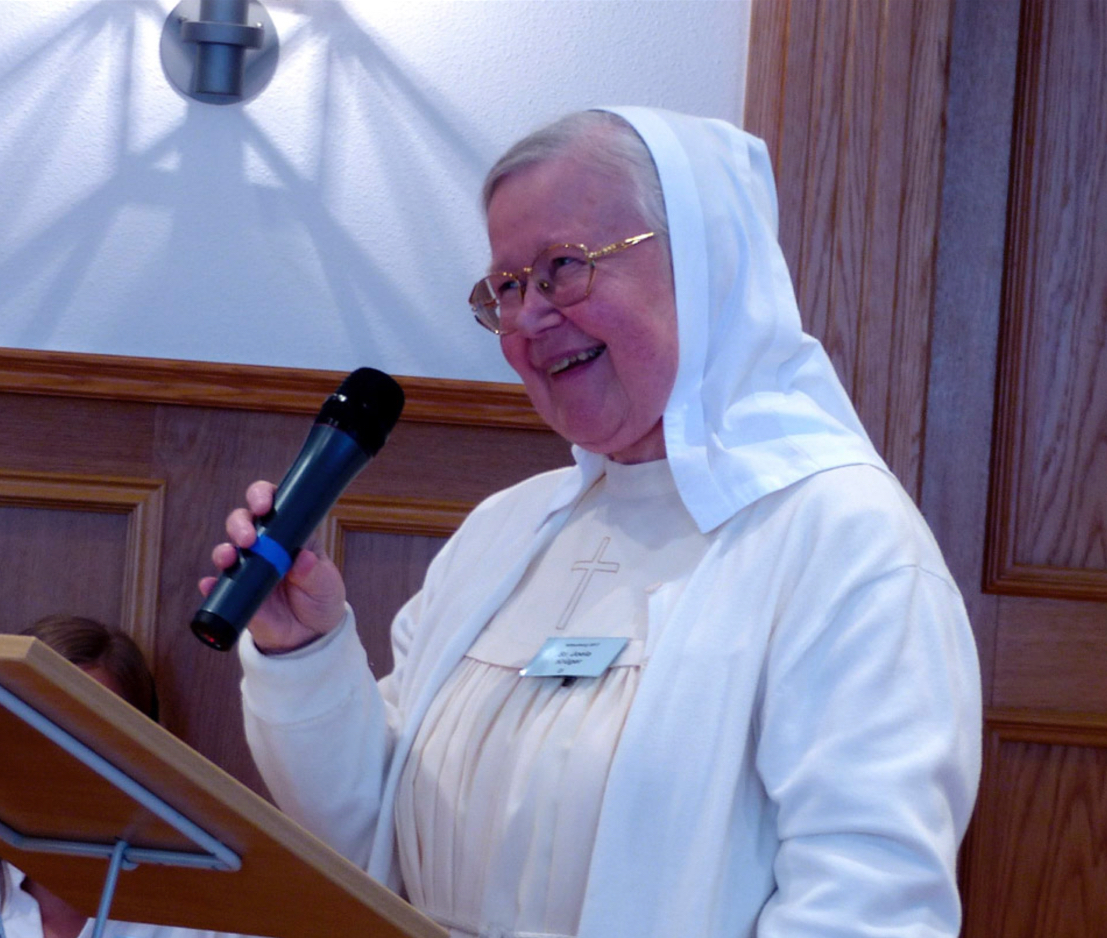Today is the feast of St. Dominic. For the first 40 years of my life, I knew nothing about the man. Most Christians are unfamiliar with his story; nonetheless, this saint changed the world in which we live. Dominic was born in 1170 AD during Europe’s Middle Ages. At that time, the Church had already grown old, complacent, even corrupt in places. She was in need of renewal. Legend has it that Dominic’s barren mother made a pilgrimage to a nearby monastery before his birth. There she had a dream in which a dog leapt from her womb with a flaming torch in its mouth. As the dog ran, the torch set the world on fire; and so it was with Dominic. The fire of God’s love burned hot in his heart, compelling him to preach the gospel throughout Italy, Spain and France. Many who heard found their hearts set aflame as well. Both men and women joined his preaching order, spreading revival throughout Europe. For the past 800 years Dominicans have continued to bear witness to Christ through their schools and universities, their monasteries and hospitals and their preaching.
I have a friend who belongs to St. Dominic’s order. She is a preacher too. I will never forget the first time I heard her speak, some twenty-five years ago now. My heart burned at her words! She spoke with an authority born of intimacy with God . Her love drew me into His presence. I cannot recall many of her words she spoke that day for I felt God speaking directly to me in my own heart - stretching my soul with longing, faith, hope. Telling me things about myself and my walk with Him. I experienced a touch of eternity impossible to capture in words.
I’ve heard this Dominican sister teach several times since with similar effect on her audience. Her words and her friendship have made a profound impact on my life. . She does not preach in public often because the Lord has her engaged in many other works. She prays; she cares for her family; she writes letters; she helps run a business. In all these works, she carries the Light of Christ, she burns with love for the Father. The Trinity, I know, is moved by her love. If the heavens are stirred by the prayers of a saint, then the world cannot help but be changed.
I have a brother who lives alone with few physical comforts. He reminds me of St. Francis in his simplicity and in his joy. He rises early each morning to sing praises to God. He eats his portion of lentils with thanks. He serves the weak with a merry heart. And he possesses a great secret – a treasure hidden in heaven. Through his generosity, hundreds of children in poor nations are fed and educated. Someday he will meet them all. Those children will rise up and call my brother blessed, and their mutual joy will be great!
I know many other saints in the making – men, women, even young children who carry the Light of Christ. They have been blessed with gifts of worship, wisdom, healing, hospitality, cooking, writing, counsel, love. At times, those gifts flare up, warming my heart and lighting my path. How I wish each of us would tend our sparks, our gifts from the Holy Spirit, stoking them with the fuel of worship, contemplation, godly fellowship and good works. How I long to see the whole Church aflame with love, a fitting Bride for her Lord!
Dominic’s torch burned brightly in his age, and it was passed down to subsequent generations Roughly two hundred years after his birth, that torch fell into the hands of a young woman named Catherine, a lay Dominican from the town of Siena. Despite the fact that her life was short, spent largely in isolation and prayer, Catherine also changed the world. She penned letters which stirred the heart of a pope, catalyzing his move from France back to Rome. She negotiated peace between warring city states. She carried a burden for the unity of the Church during a crisis of schism, preaching in several cities and meeting with individuals to bind the wound of division. Catherine was a writer, one of only four women recognized as doctors by the Catholic Church. One of her most famous quotes is a challenge to all of us who love the Lord.
“Be who God meant you to be and you will set the world on fire.”
May it be so for each of us!





